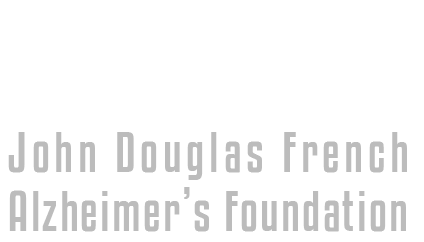Jessica Rexach, MD, PhD
Assistant Professor
Department of Neurology
University of California at Los Angeles
Dr. Jessica Rexach is currently a physician-scientist and Assistant Professor in the UCLA Neurogenetics Program with clinical specialty in neurodegenerative disorders affecting cognition and dementia. She completed her postdoctoral research training in the laboratory of Dr. Daniel Geschwind. Rexach’s research uses human genetics and systems biology to understand immune signaling in Alzheimer’s and associated dementias with the goal of developing immune-targeted therapies.
Dr. Rexach earned her BA degree in Chemistry and Biology at Cornell University in 2003. She subsequently entered the joint M.D.-Ph.D. program between California Institute of Technology and University of California, Los Angeles (UCLA), completing her medical degree and doctoral degrees in Neuroscience (with a research focus in Chemical Biology) in 2012. Her graduate work resulted in three first author publications in Nature Chemical Biology. She completed a medical internship at Cedars-Sinai Medical Center and a residency in Neurology at UCLA. She subsequently completed a competitive National Institutes of Health-sponsored joint research and clinical fellowship in Neurogenetics and Neurobehavior at UCLA.
Throughout her education and training, Dr. Rexach has been recognized for excellence in teaching, clinical care, and science. She has received numerous awards including the August Rose Award for Excellence in Teaching and the Jean-Louis Riehl Research Award from the UCLA Department of Neurology, the Leo G. Rigler Award for Outstanding Achievement as a medical intern from Cedars-Sinai Medical Center, the Emil Bogen Research Prize from the David Geffen School of Medicine at UCLA, the Leo and Berdie Mandelkern Prize in Chemistry from Cornell University, and in 2018, the John Douglas French Alzheimer’s Foundation Research award.
Dr. Rexach's Personal Story
“I was born a city girl but my formative years were spent in the mountains of California’s gold country in the small and quiet town of Mariposa. Even as a child, I had an unstoppable internal drive to share my ideas and contribute to solving big problems in the world. The desire to make a difference in dementia led me on my path as a physician-scientist. My personal mission is to seek out, adopt or create the scientific tools necessary to meet the clinical goal. The caveat is that this takes exceptional mentorship and training to achieve. It is from that view that I chose to train in Chemical Biology under Dr. Linda Hsieh-Wilson at California Institute of Technology and develop skills in creating chemical and biological tools to meet gaps in molecular biology. It was the same view that led me to expand into systems biology, genetics, and bioinformatics with my post-doctoral training with Dr. Geschwind at UCLA, and learn how to use human data to guide my experimental science. We live in an unprecedented time in science with immense technological resources. I am thrilled to be part of the community applying these tools to find solutions for dementia.”

